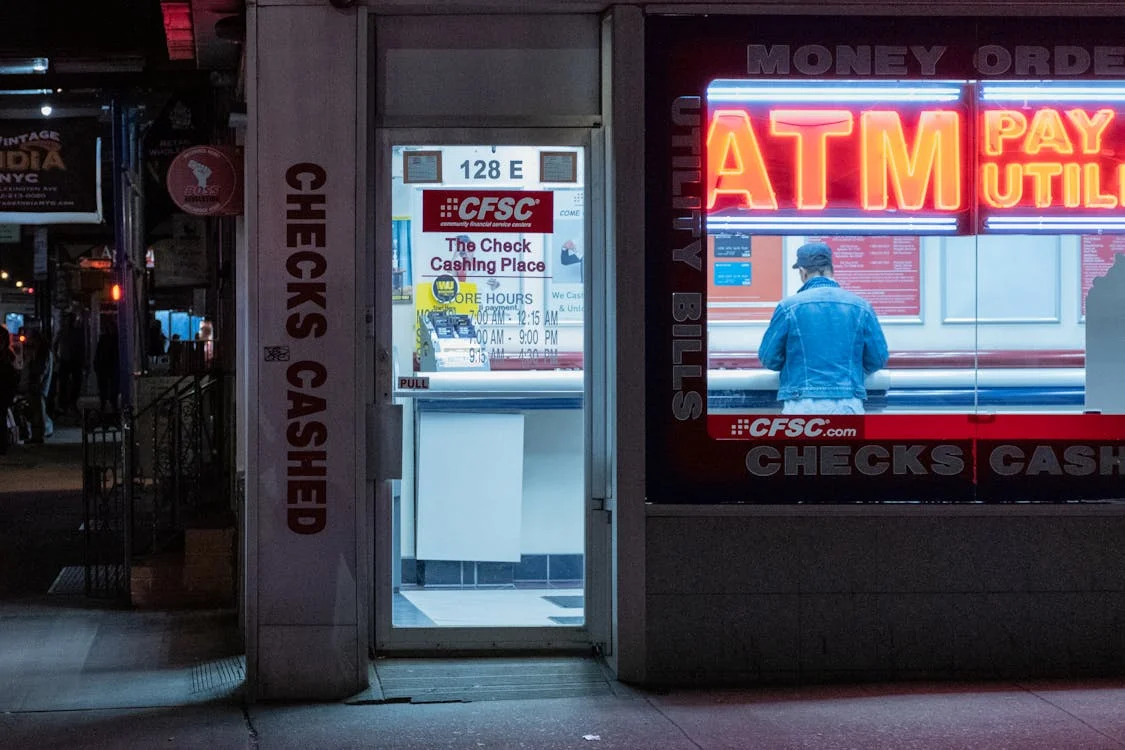The technique of voiding checks has a fascinating history that explains our current best practices. Writing “VOID” became standard in the 1950s after numerous check fraud cases where canceled checks were altered and reused. Banks and government regulators agreed on this standardized method to protect both financial institutions and consumers from check tampering.
All you have to do is write “VOID” in large capital letters with a permanent marker across the following areas: the payee line, the amount box, the amount line, the signature line, and the center of the check.
Write “VOID” large enough to cover most of the checks while keeping the banking numbers at the bottom visible for processing purposes. These numbers, known as your check’s MICR line (Magnetic Ink Character Recognition), must remain clear and readable.
Using a permanent marker helps ensure the void marking can’t be removed or altered by someone attempting to commit fraud. The thickness of your writing should be substantial enough that it would be impossible to erase or modify without obvious damage to the check paper.

